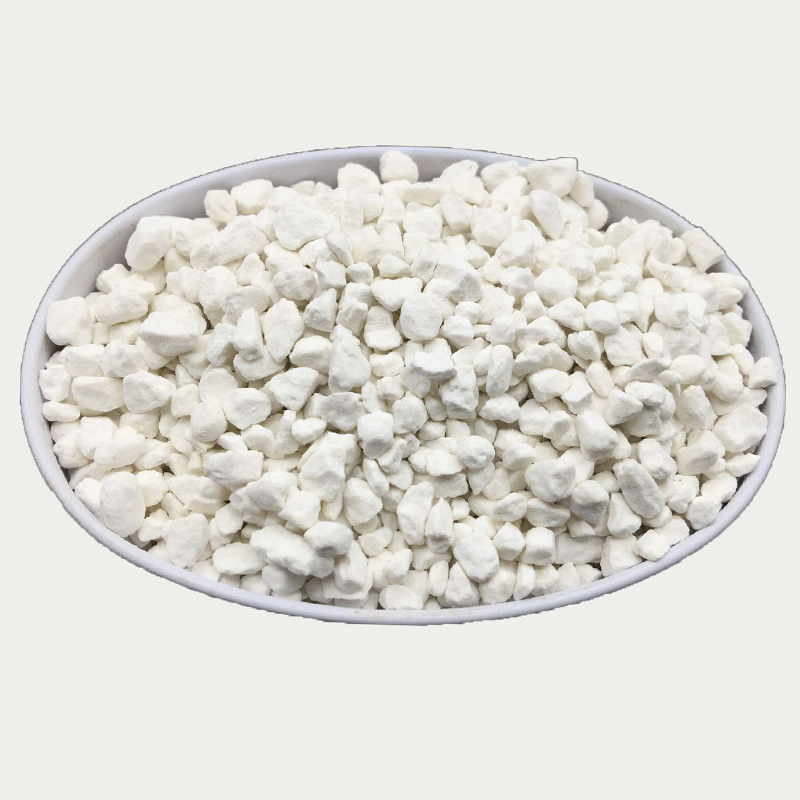
Th11 . 20, 2024 16:49 Back to list
cost of ammonium sulphate
The Cost of Ammonium Sulphate An Integral Element in Agriculture
Ammonium sulphate, a widely used nitrogen fertilizer, plays a significant role in agricultural practices worldwide. Its relevance stems from its ability to support crop growth by providing essential nitrogen in a form readily absorbable by plants. However, the cost of ammonium sulphate has fluctuated in recent years due to various factors, impacting agricultural economics and food production.
Understanding Ammonium Sulphate
Ammonium sulphate is an inorganic salt formed by the reaction of ammonia and sulfuric acid. It contains 21% nitrogen and 24% sulfur, essential nutrients for many crops. Its dual nutrient content makes it a valuable fertilizer, particularly in soils deficient in both nitrogen and sulfur. Farmers often prefer ammonium sulphate for its ability to increase soil acidity, which can benefit certain crops.
Factors Influencing Costs
The cost of ammonium sulphate is influenced by several factors, including raw material prices, production processes, global demand, and geopolitical events. The primary raw materials for producing ammonium sulphate—ammonia and sulfur—can be volatile in price. For instance, fluctuations in natural gas prices, a key energy source for ammonia production, can directly impact the cost of ammonium sulphate.
Production levels also play a significant role. In regions where large-scale fertilizer production facilities are available, the cost of ammonium sulphate may be lower due to economies of scale. Conversely, in areas reliant on imports or smaller plants, prices can be higher.
Additionally, global agricultural demand influences prices
. During periods of higher crop prices, such as when food commodities experience a surge, farmers are more likely to invest in fertilizers like ammonium sulphate, increasing demand and subsequently driving up costs.Economic Impact on Farmers
cost of ammonium sulphate

The economic implications of ammonium sulphate prices are substantial for farmers. When prices rise, profit margins shrink, especially for smallholder farmers who operate with tight budgets. High fertilizer costs can lead to decisions about reducing application rates, which can negatively impact crop yields and, ultimately, food security.
Farmers often face a dilemma should they continue applying fertilizers to ensure adequate yields, or should they cut back to save costs? The balance between maintaining productivity and managing expenses is a critical concern for farmers worldwide.
Global Trends and Future Outlook
In recent years, there have been significant trends affecting the cost of ammonium sulphate. The increasing focus on sustainable agriculture has led to a rise in organic alternatives, which could potentially impact the demand for ammonium sulphate. Additionally, various countries are implementing environmental regulations that may affect the production of synthetic fertilizers.
The geopolitical landscape also plays a crucial role. Trade agreements, tariffs, and political stability in producing countries can have immediate effects on supply chains and prices. For example, conflicts in key regions can disrupt the supply of raw materials, leading to spikes in ammonium sulphate costs.
Conclusion
As the agricultural industry continues to evolve, understanding the factors influencing the cost of ammonium sulphate is vital for farmers, policymakers, and industry stakeholders. By navigating the complexities of pricing and supply, the agricultural sector can work towards more sustainable practices that ensure profitability and food security.
In conclusion, the cost of ammonium sulphate is not just a reflection of market dynamics but also a crucial component shaping the future of agricultural productivity and food supply. As global demand for food continues to rise, navigating the challenges associated with ammonium sulphate pricing will remain a priority for agricultural stakeholders.
-
10-10-10 Organic Fertilizer | All-Purpose & Water Soluble
NewsAug.06,2025
-
Organic 10-10-10 Fertilizer for Healthy Plants
NewsAug.04,2025
-
10-10-10 Organic Fertilizer - Balanced NPK Formula
NewsAug.02,2025
-
Premium Organic Manure Compost for Eco Gardens
NewsAug.01,2025
-
Organic 10-10-10 Fertilizer | Balanced Plant Nutrients
NewsJul.31,2025
-
Premium Amino Acid Fertilizer | Rapid Plant Growth Booster
NewsJul.31,2025
